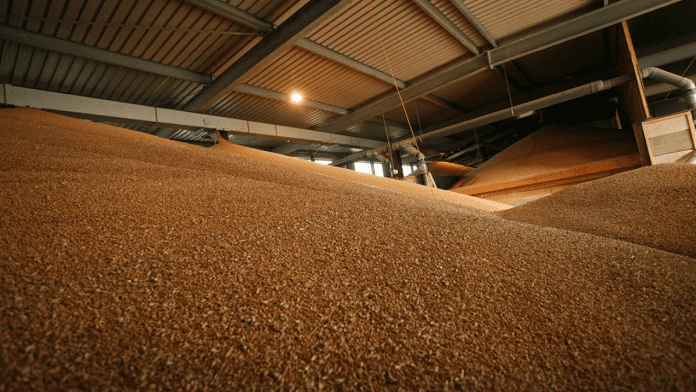News in brief:
– The European Commission proposed extending free trade with Ukraine until June 2025, accompanied by safeguard measures targeting sensitive products like poultry, eggs, and sugar.
– Stricter regulations may limit import volumes, creating potential market gaps for local grains.
In a press release on 31 January 2024, the European Commission announced its plan to renew free trade with Ukraine until June 2025. This decision has sparked discussions worldwide and it has implications for Nigerian grain producers.
The proposal includes the introduction of safeguard measures for “sensitive products,” notably poultry, eggs, and sugar. While this move aims to balance trade interests, its ripple effects on Nigerian grain producers warrant careful examination.
Nigerian grain producers could capitalise on reduced imports and expand their market share. They may face intensified competition from global players with disruption in existing trade patterns. Also, pricing and demand for Nigerian grains could be affected by these uncertainties.
The proposed safeguard measures could cause a significant shift in trade dynamics, potentially altering the competitive landscape for Nigerian grain producers.
EU-Ukraine free trade and protests in France
According to a report by Euronews, Margaritis Schinas, a vice-president of the Commission, supported the proposal, asserting that it achieves a harmonious equilibrium between backing Ukraine and addressing the concerns expressed by Eastern nations and the agricultural sector.
“Whilst our monitoring has not shown any adverse effects on the EU market as a whole, we are aware that these Ukrainian imports can have some adverse effects which are more localised,” Schinas said.
When questioned about whether the dissatisfaction had influenced the firmness of the proposal, Schinas declined to establish a direct cause-and-effect relationship. However, he conveyed profound respect for the protesters, stating, “European farmers acknowledge that the European Commission stands as their strongest ally in ensuring the protection of their income.”
In light of these developments, local farmers must adopt a proactive approach to navigate the evolving international trade landscape. They should stay abreast of changes in trade policies and regulations, closely monitoring developments related to the EU-Ukraine free trade agreement. Also, they must anticipate market shifts and adjust production and marketing strategies accordingly.



